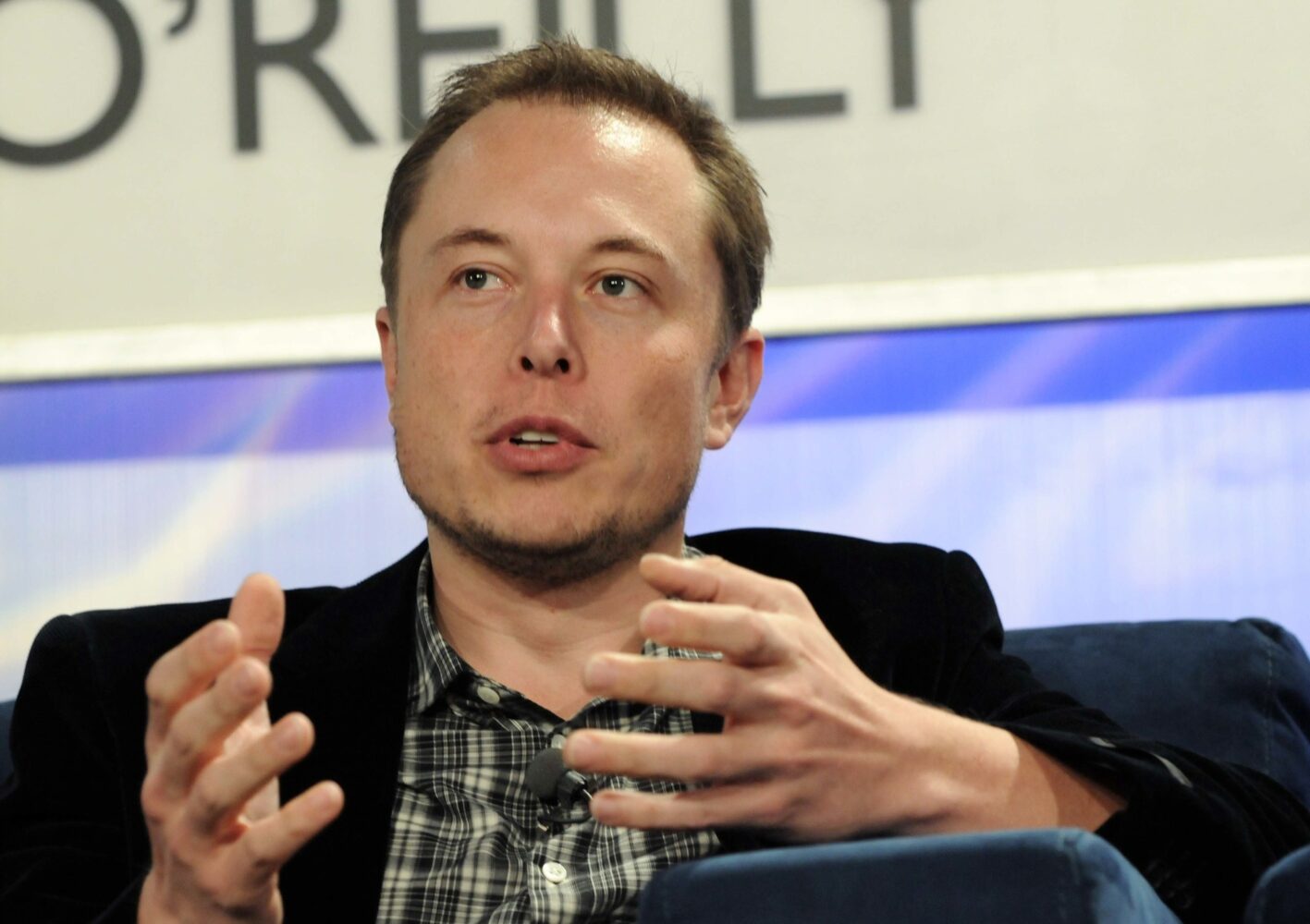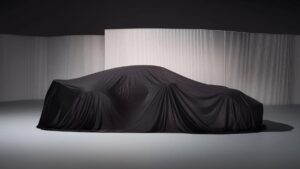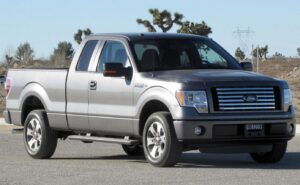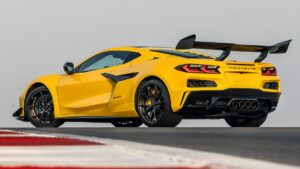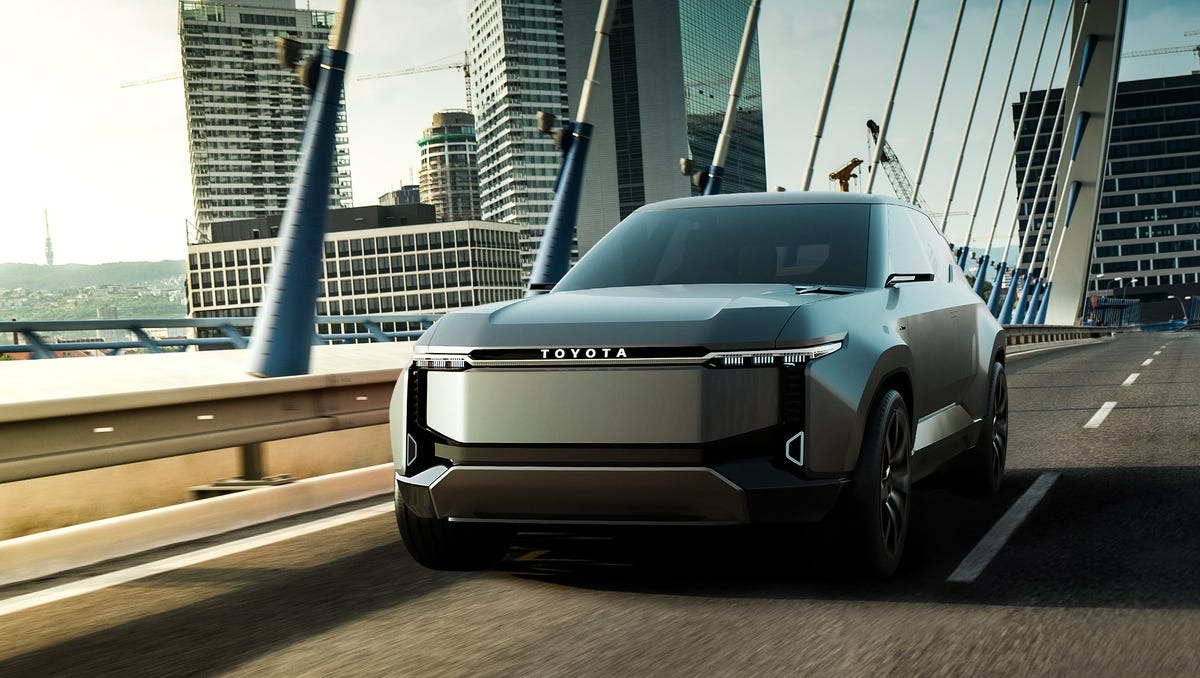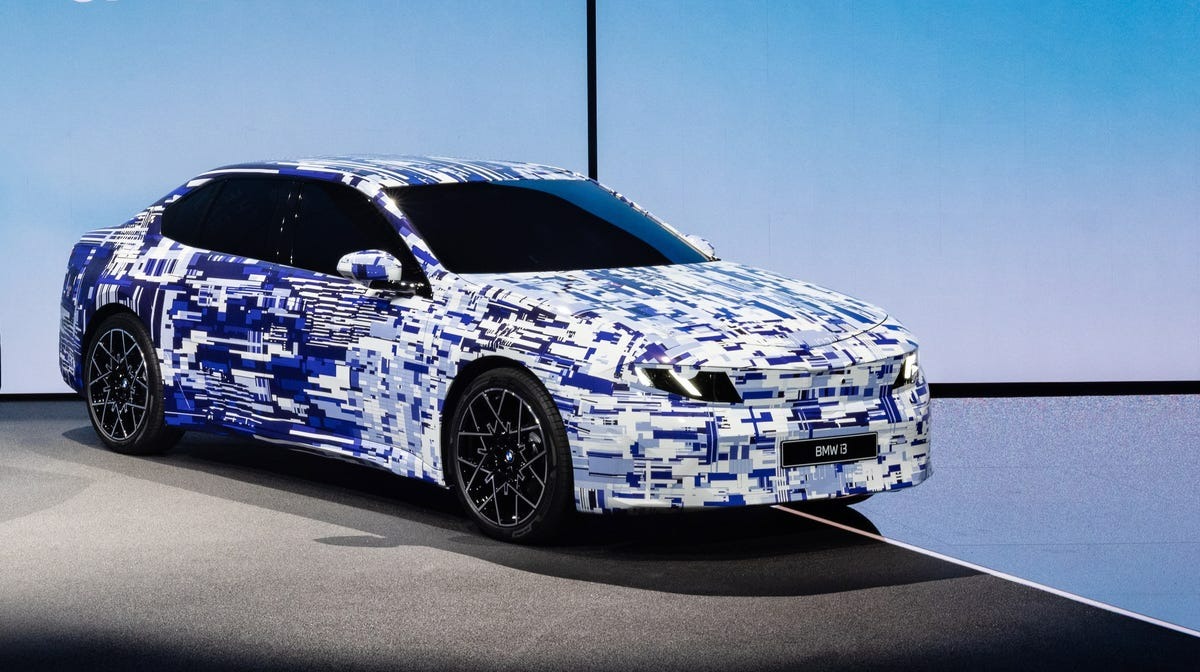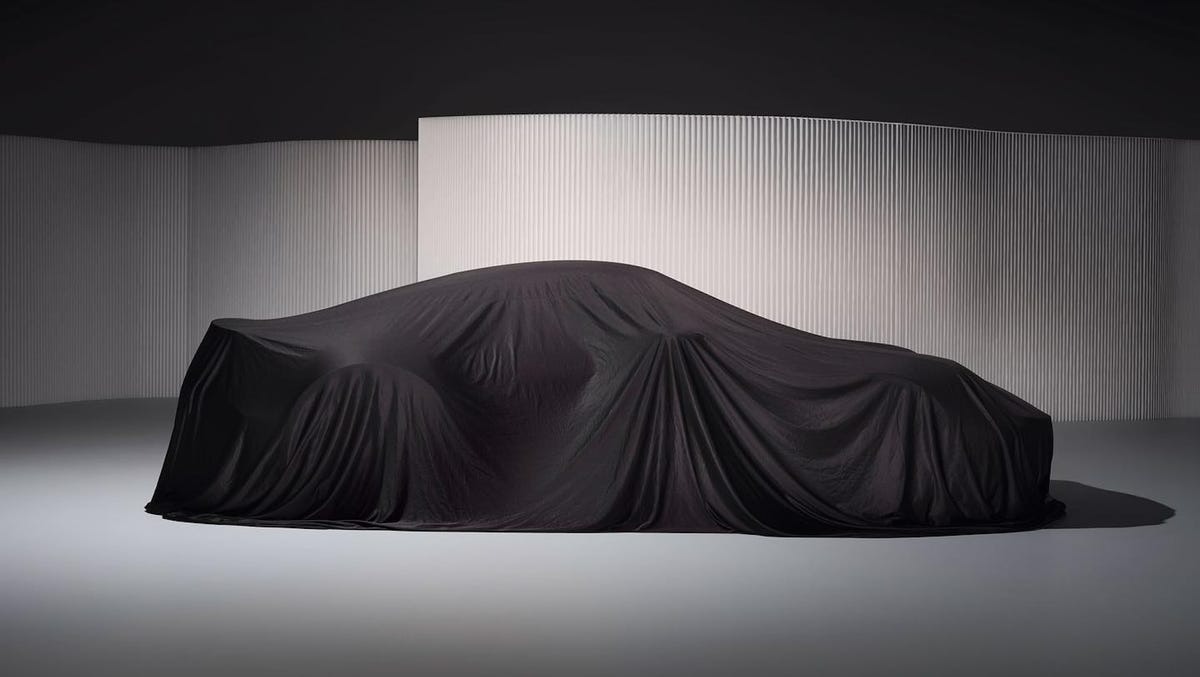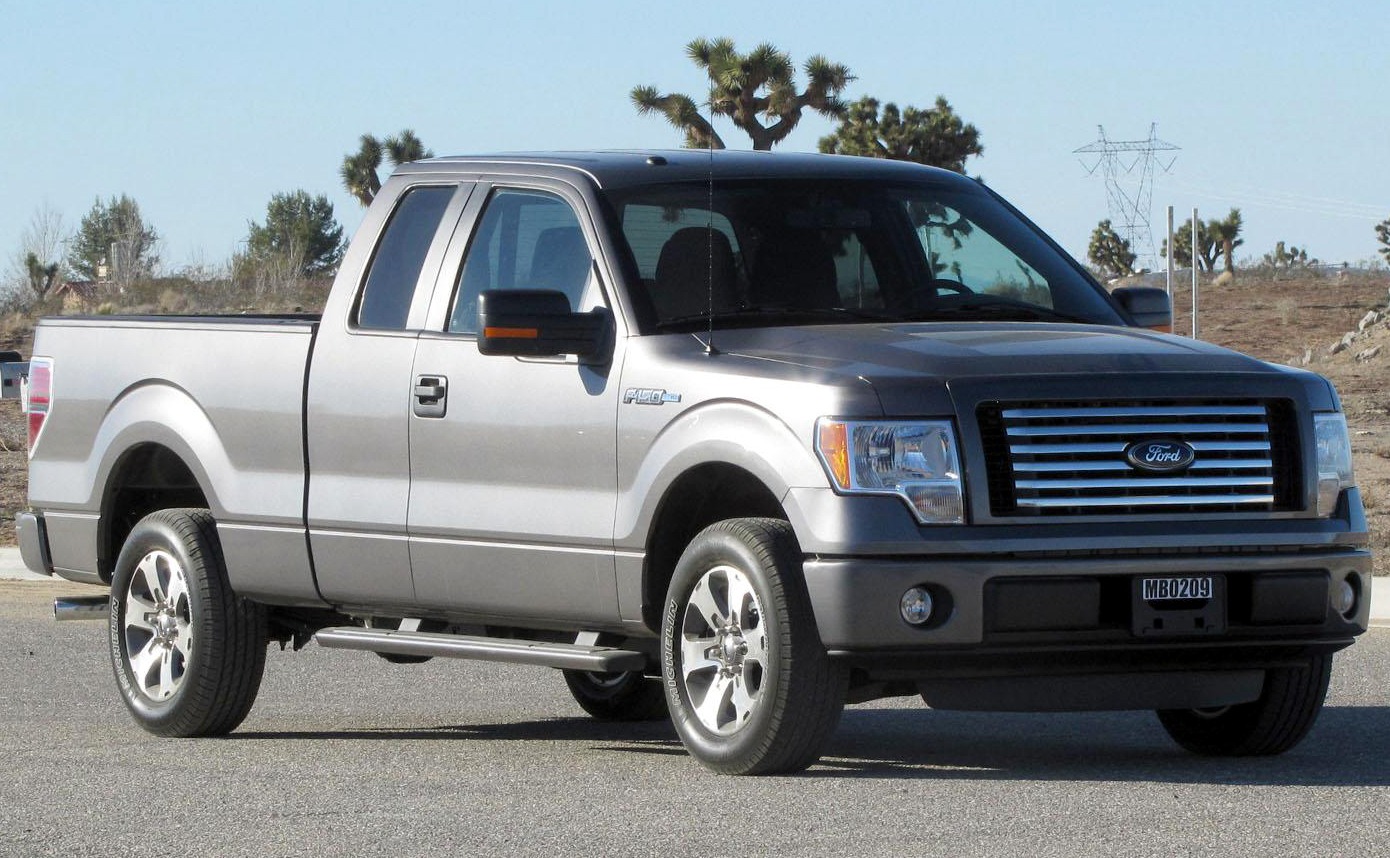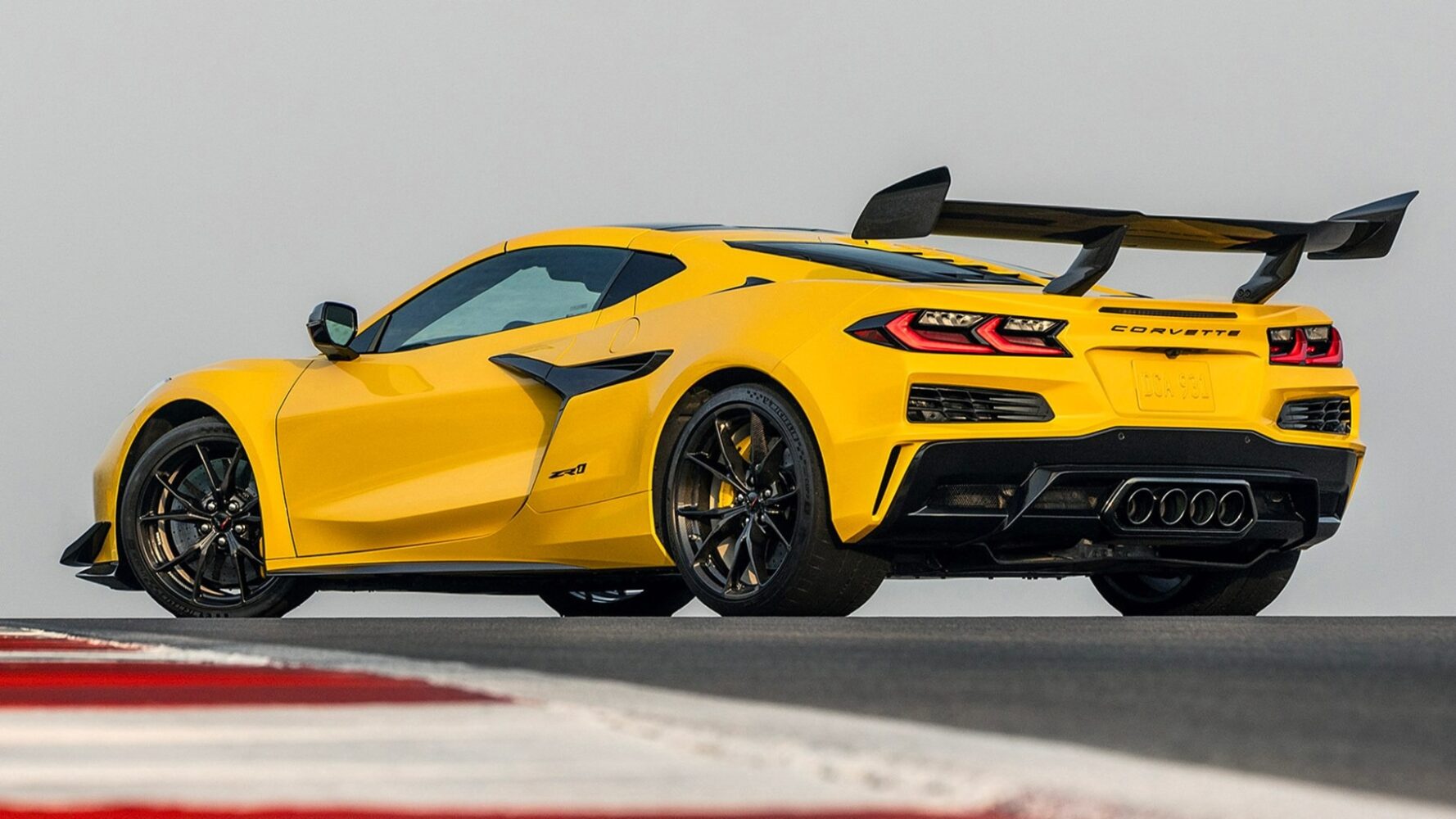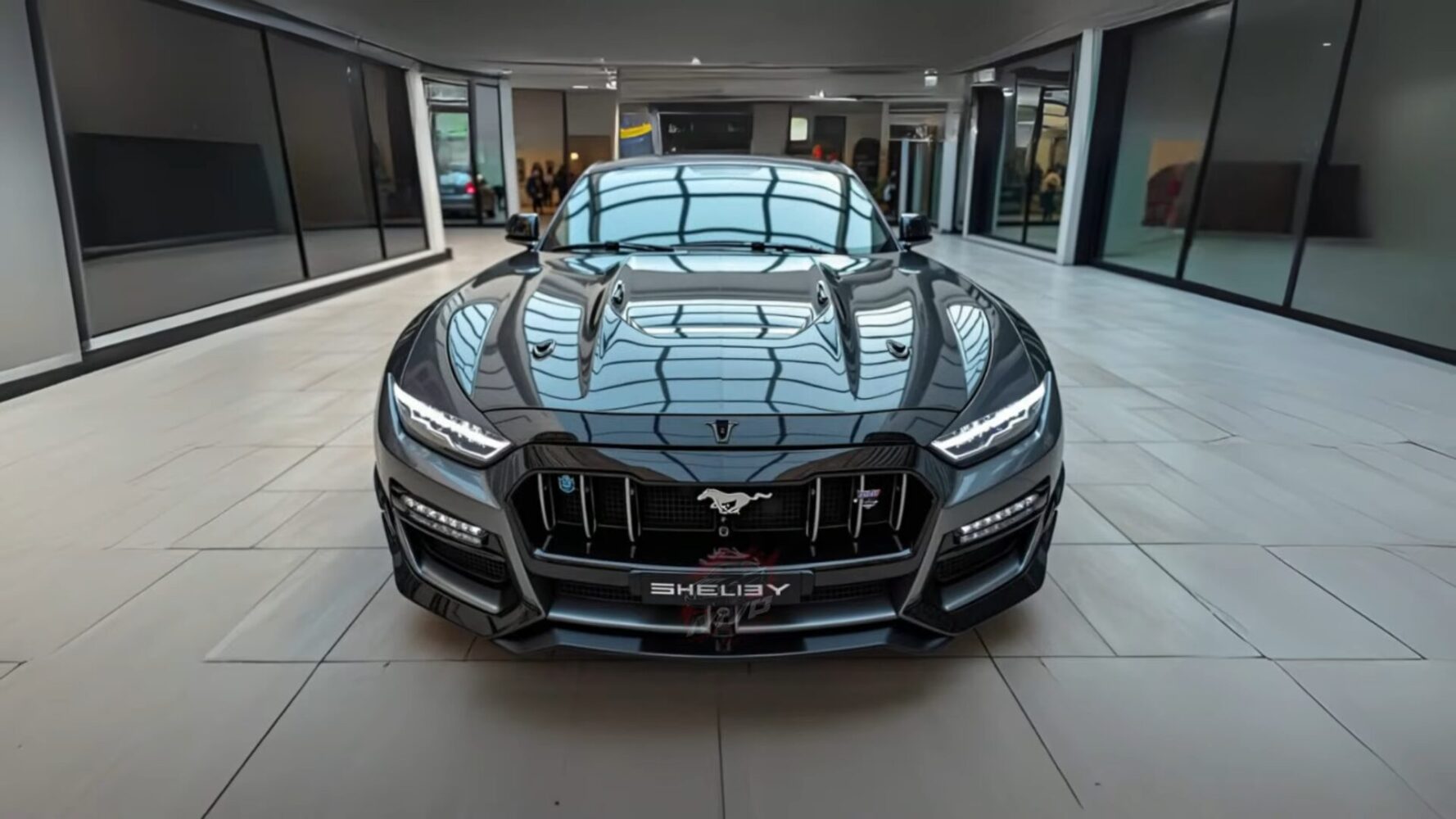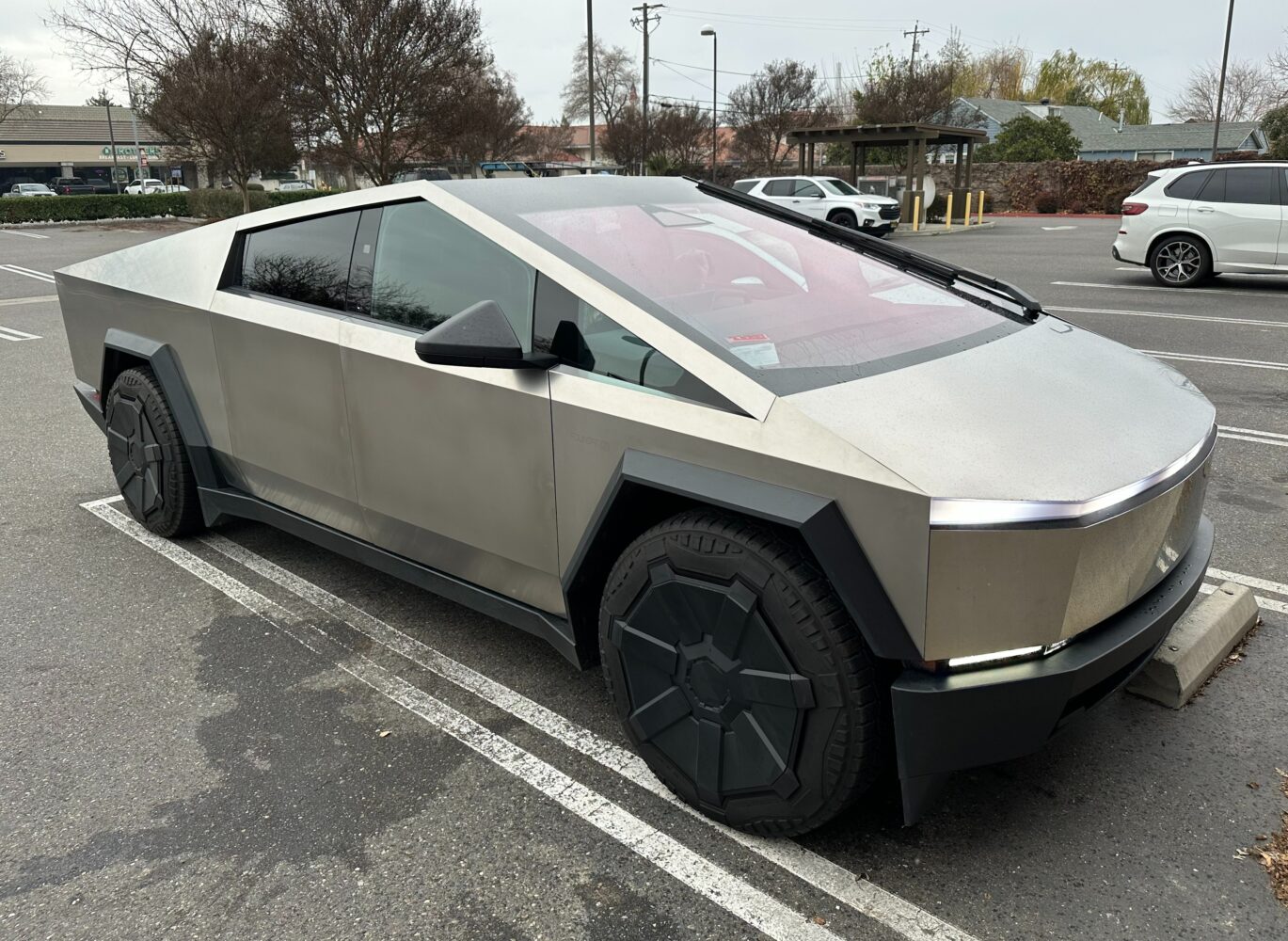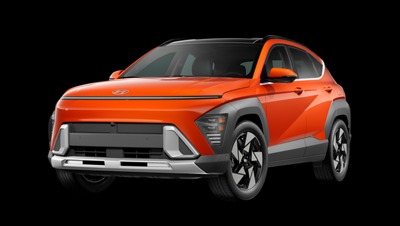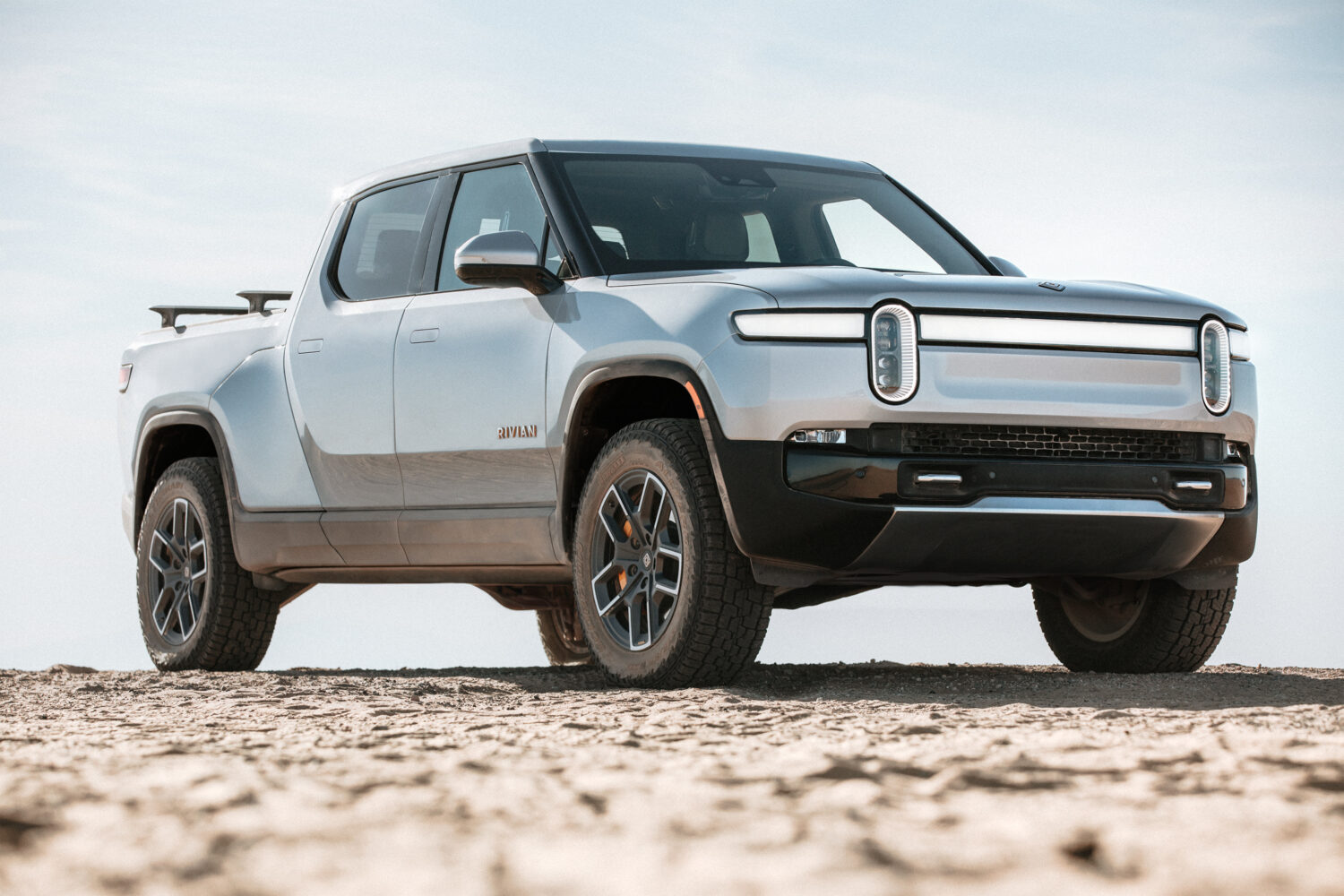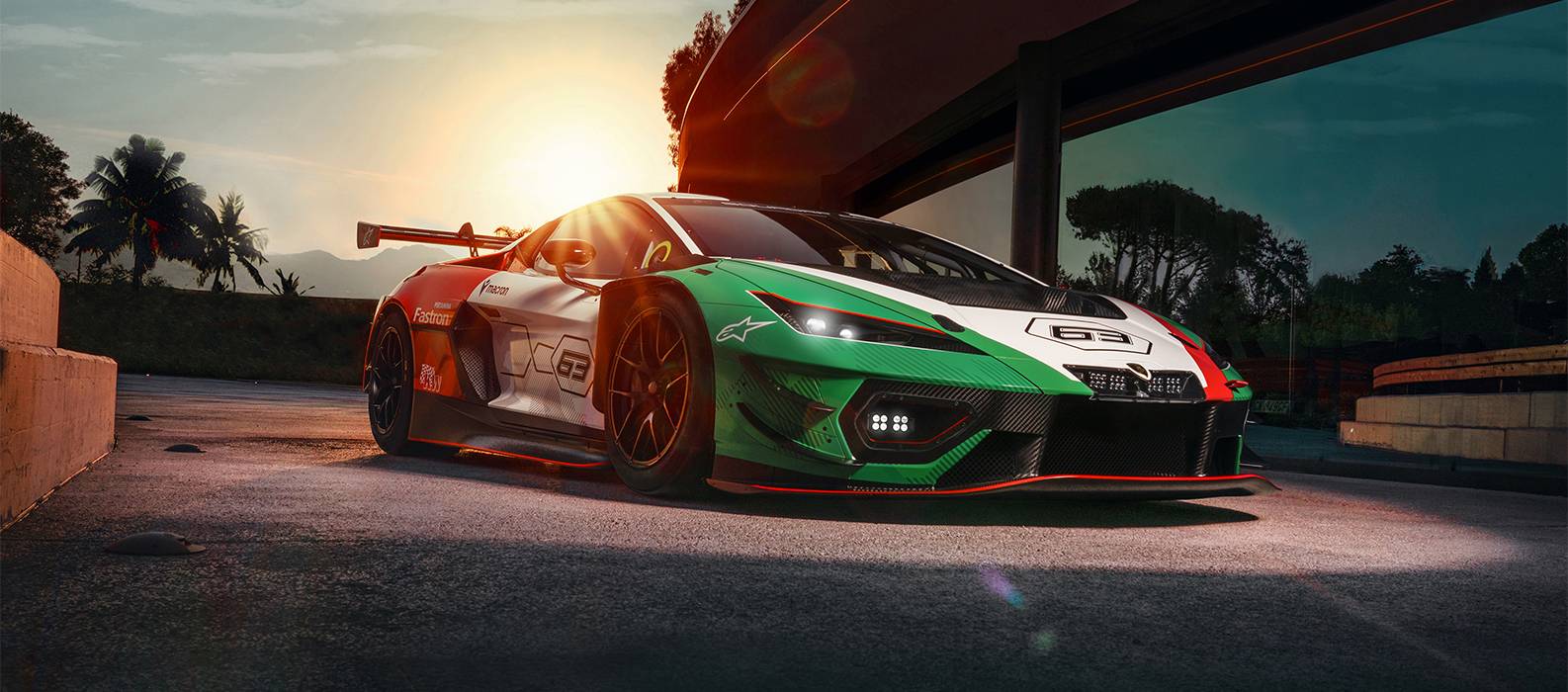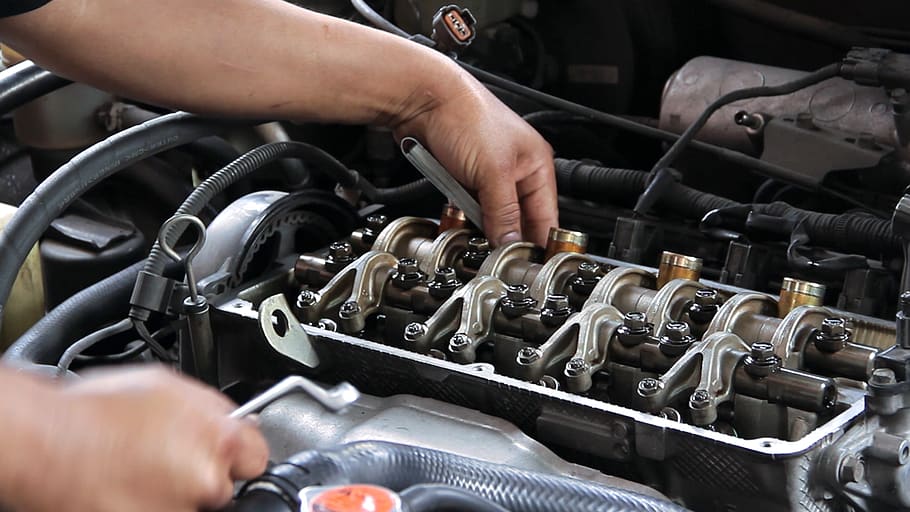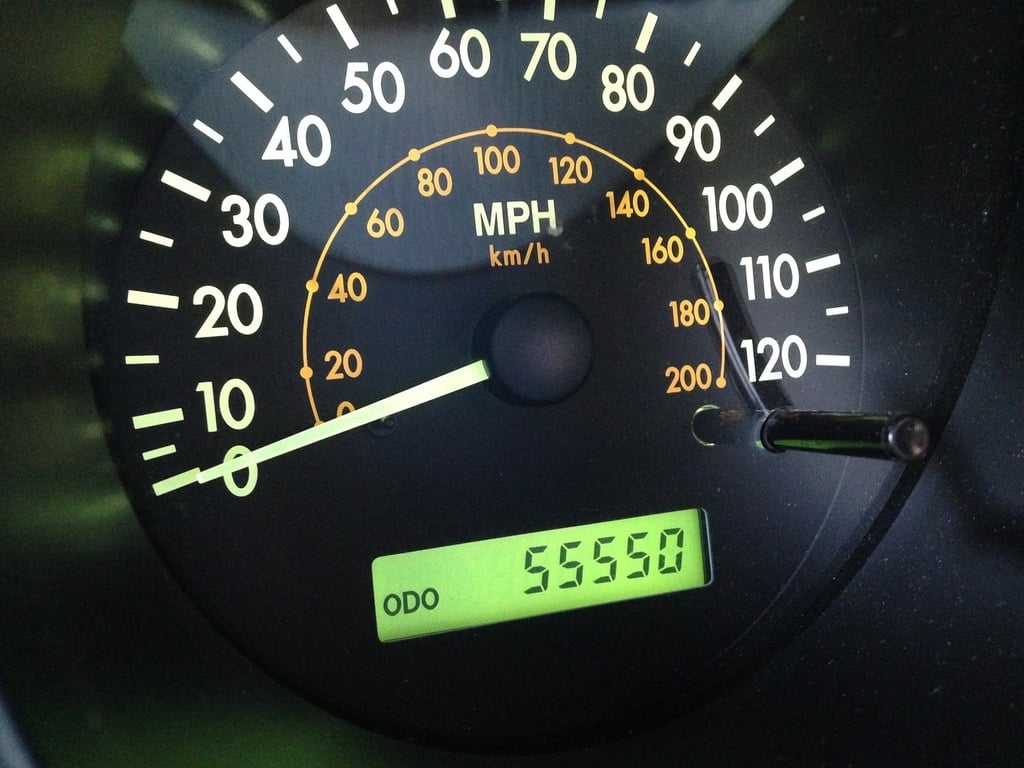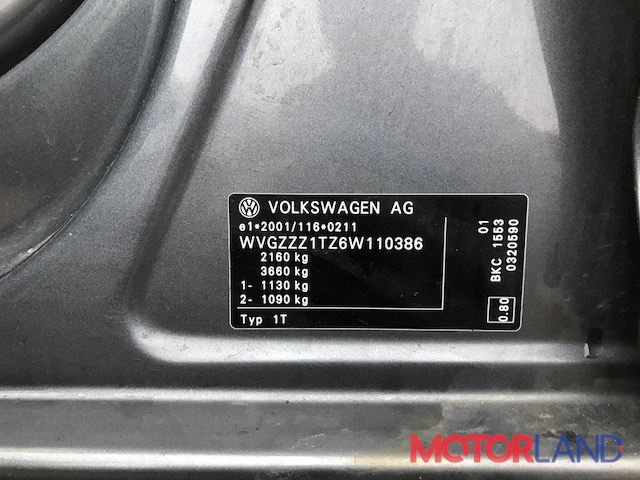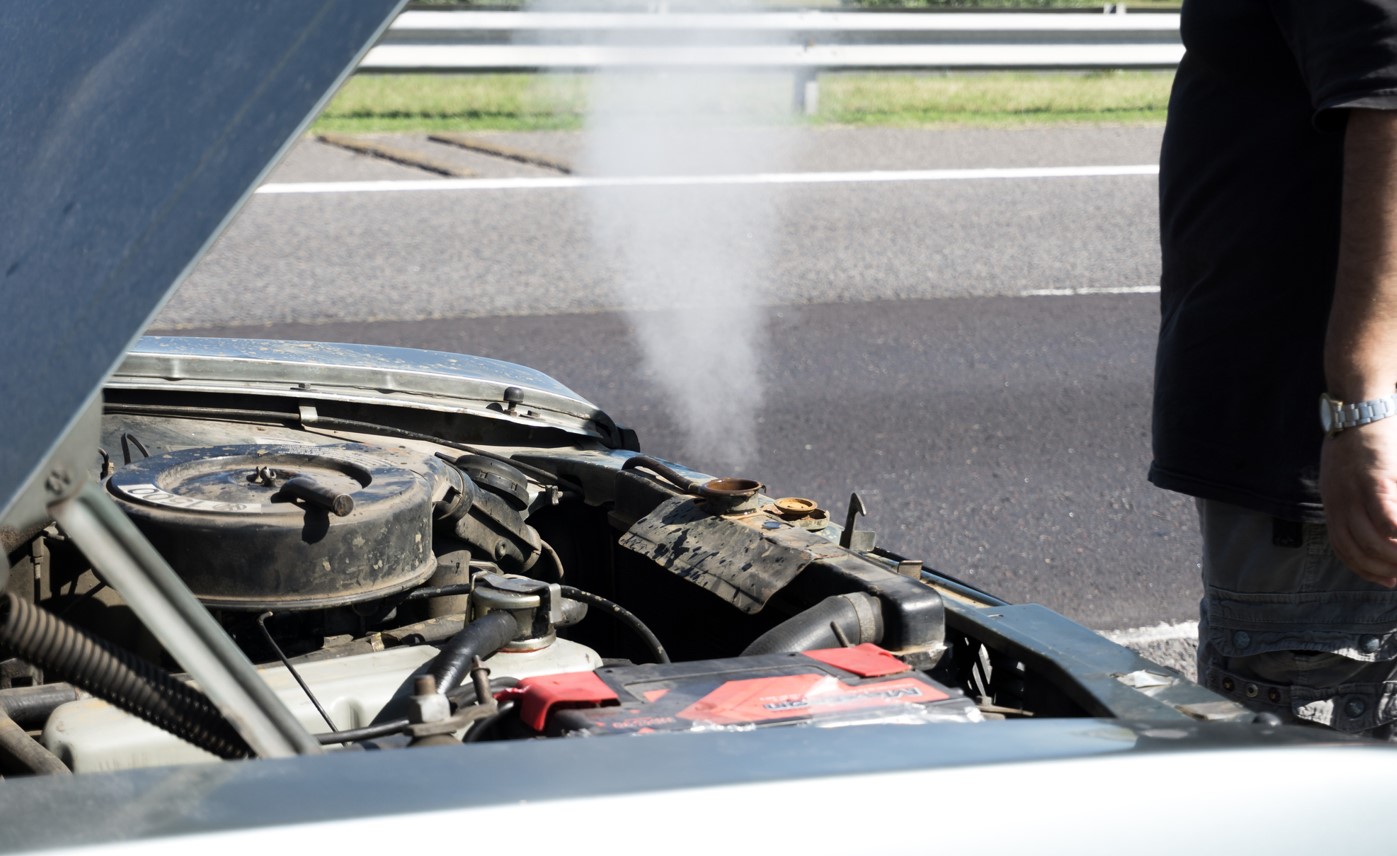Your favorite tech billionaire’s autonomous driving promises just collided with the legal system’s skepticism. Tesla shareholders filed a class action lawsuit against the company and Elon Musk, alleging securities fraud over inflated claims about self-driving technology and the much-hyped Robotaxi service. The timing couldn’t be worse—Tesla’s stock dropped 6.1% across two trading days as investors processed the legal headache.
When Promises Meet Pavement
The lawsuit centers on Tesla’s bold claims about Full Self-Driving (FSD) capabilities and Robotaxi readiness. Shareholders represented by Robbins Geller Rudman & Dowd LLP argue the company overstated technology effectiveness while hiding safety risks during the class period from April 2023 to June 2025.
The smoking gun? Bloomberg reported multiple robotaxi vehicles allegedly broke traffic laws on their first day of paid operation in San Francisco last June. These weren’t minor glitches—we’re talking left-turn failures and speeding violations that caught NHTSA’s attention faster than a Tesla in Ludicrous Mode.
Musk’s Twitter Tantrum
True to form, Musk fired back on X with his signature diplomacy, calling class-action lawyers “scum of the Earth” and dismissing the lawsuit as a cash grab rather than legitimate investor concern. His response reads like someone who’s never watched a single episode of Better Call Saul—sometimes lawyers actually represent real grievances, not just settlement fishing expeditions.
The Bigger Picture
This isn’t just another Musk controversy; it’s a referendum on how tech companies can market unfinished AI systems to investors and consumers. Tesla has faced repeated regulatory scrutiny over autonomous driving claims, but this lawsuit could set new precedents for accountability in the AI-driven transport sector.
NHTSA is now “gathering additional information” and promises to “take any necessary actions to protect road safety.” Translation: Tesla’s California expansion plans might need more than just regulatory approval—they’ll need to prove their vehicles can actually follow basic traffic laws.
Your investment portfolio isn’t just watching another legal drama unfold; it’s witnessing the collision between Silicon Valley hype and Main Street reality.


